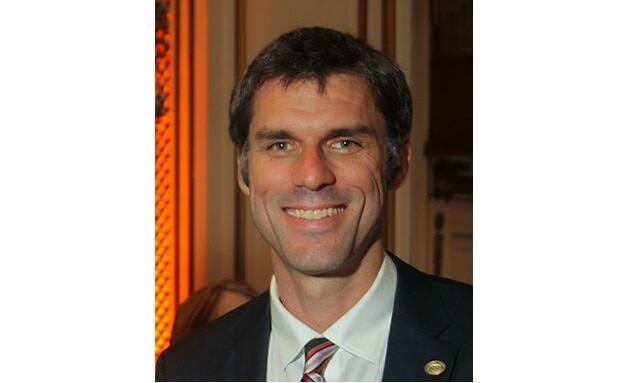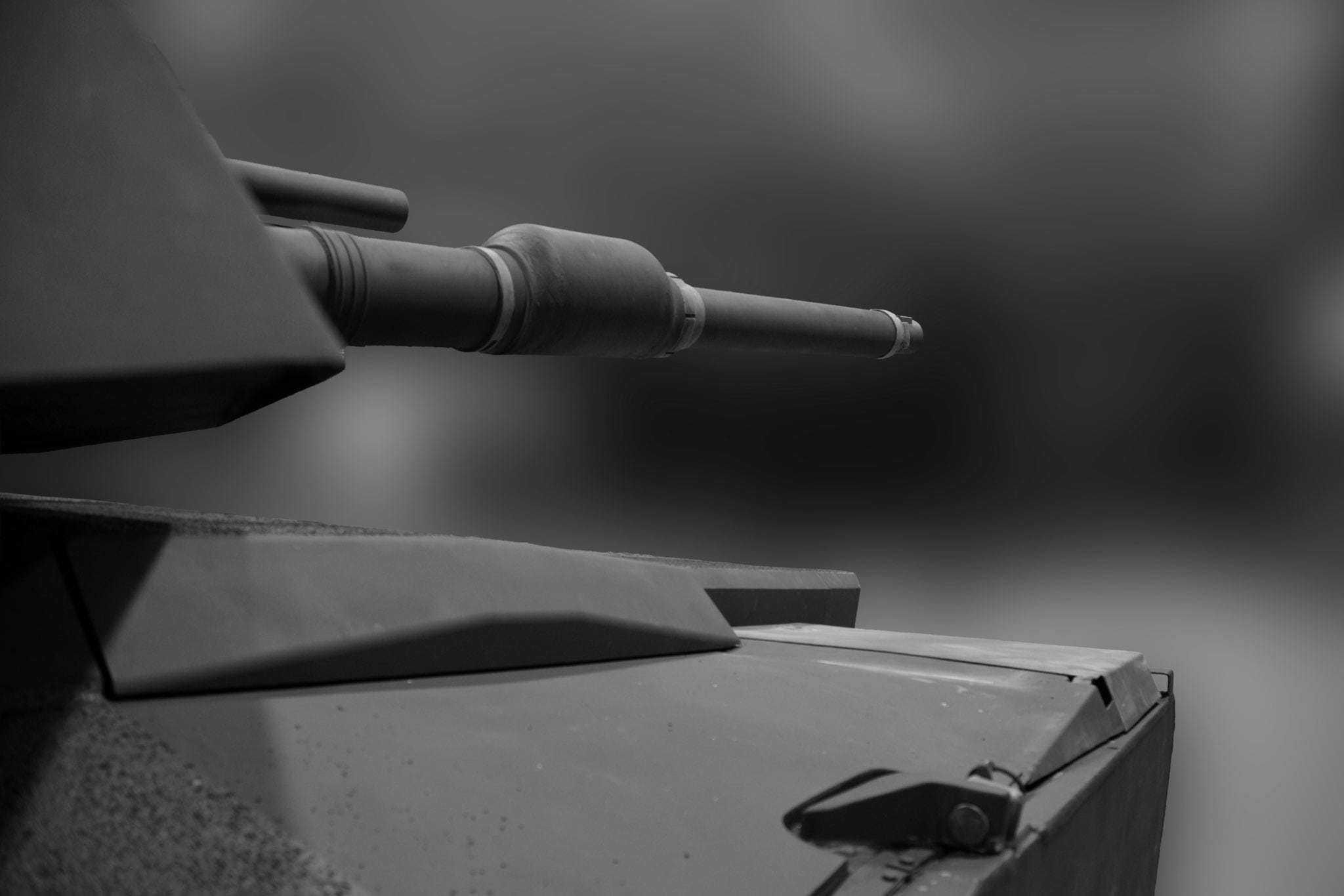Editor's note: The following is an opinion piece. The writer is not employed by Military Times. The views expressed here are his own and do not necessarily represent those of Military Times or its editorial staff.
A Capitol Hill conference room erupted in cheers March 7 when Veterans Affairs Secretary David Shulkin announced that he would start providing mental health services to "bad paper" veterans – men and women who, typically for minor disciplinary problems and often as a result of mental health issues that started in service, have been denied access to most VA care.
This exclusion is happening to post-9/11 vets at a higher rate than for any prior generation. There has been a growing awareness in Congress, among veterans organizations and within the public that this isn't right. It was a big relief to hear the VA's new leader say that he got it, too.
Then the details came out. In a news release explaining the announcement, VA said it would be providing three services to bad paper veterans – all things the VA is already doing.
First, the VA's news release offers its Vet Centers, counselling locations for combat veterans and survivors of military rape, to bad paper veterans seeking treatment. These locations have been available to bad paper vets since the 1970s, and as helpful as they are, they don't provide psychiatric care, acute care or neurological care.
Second, the VA says bad paper vets will be able to "seek treatment at a VA emergency department" for health care concerns. If that means emergency room access, the VA already provides it to everyone, including nonveterans, as "humanitarian care."
Finally, the VA says it will offer its Veterans Crisis Line, the toll-free suicide hotline. Fortunately, it is not now VA policy for Crisis Line counselors to hang up on bad paper veterans calling for help.
Perhaps the VA has more in the works, but if this is the full extent of its new solution to veteran suicide, then it's nothing new at all. That would be a shame, because this is a problem crying out for bold action.
Bad paper veterans are twice as likely to commit suicide, in part because combat veterans diagnosed with post-traumatic stress disorder are 11 times more likely to get a bad paper discharge, according to a studyof Marines deployed from 2001 to 2007.
After a generation of official silence on this issue, it was heartening to hear the VA acknowledge that this crisis demands a serious response. That is a bold step. But these veterans need services, not lip service.
The VA must do more. We know that VA health care works: The suicide rate for veterans enrolled in VA healthcare is decreasing, while the suicide rate for those outside VA care is increasing. We know that many veterans don't ask for help early on, when crisis can be avoided, so primary health care providers are essential for proper mental health treatment. We know that thousands of bad paper veterans could be eligible for VA care and services if the VA promptly and properly handled their requests and applications.
And the VA can do more. Much more. It can provide health care, including primary care, on at least a temporary basis while making its eligibility decision. It can contract with community providers so that Vet Center patients can access psychiatric and neurobehavioral care. It can proactively make eligibility decisions so that veterans know whether they'll be able to access services, instead forcing them to wait until a crisis arrives and then filling out an application at an ER.
All this can be done now, under the VA's existing legal authority. Swords to Plowshares, with the National Veterans Legal Services Program, the Harvard Law School Veterans Legal Clinic, and Latham & Watkins LLP, provided the VA with a Petition for Rulemaking that maps out its legal authorities and describes solutions available under current law. We need to make sure that the VA creates a comprehensive response, using everything in its arsenal. It isn't doing that yet.

Bradford Adams.
Photo Credit: Courtesy of Sunshine Sachs
There may be some people, including some veterans, who still think that these veterans don’t deserve care when in crisis, don’t deserve shelter when homeless, don’t deserve support when they’ve been wounded in war. I’m not one of those. I remember that every one of these veterans signed up for service at a time when most people in our country do not. I remember these veterans for their best day: the day when they mustered the commitment, grit, and personal responsibility to give selflessly. I honor that commitment by not letting it be overshadowed by their worst day.
My own service is cheapened when I see others' service so easily forgotten. I am not honored to know that other veterans are left to wrestle their demons alone.
The VA needs to take real action on behalf of these veterans. I applaud the secretary for committing to do so. I hope that his announcement was just the start.
Bradford Adams is a policy advocate and supervising staff attorney at Swords to Plowshares and has co-authored a report on bad paper discharges. He served in the Army and in Afghanistan as a civil affairs officer from 2002 to 2003.





